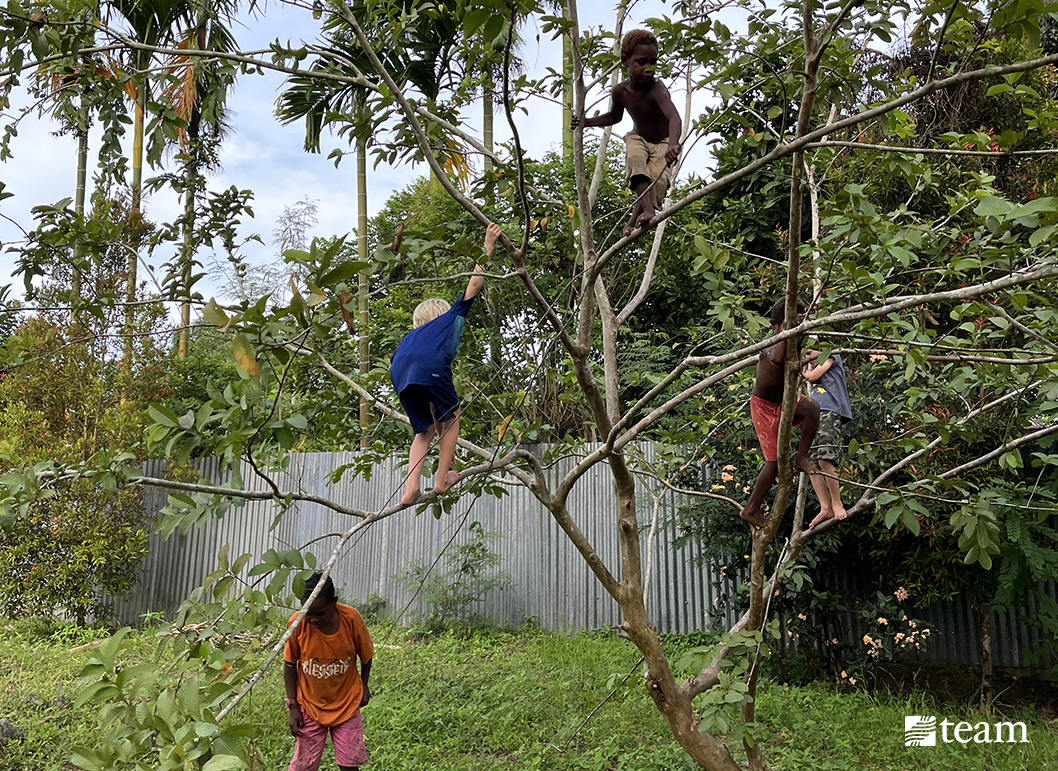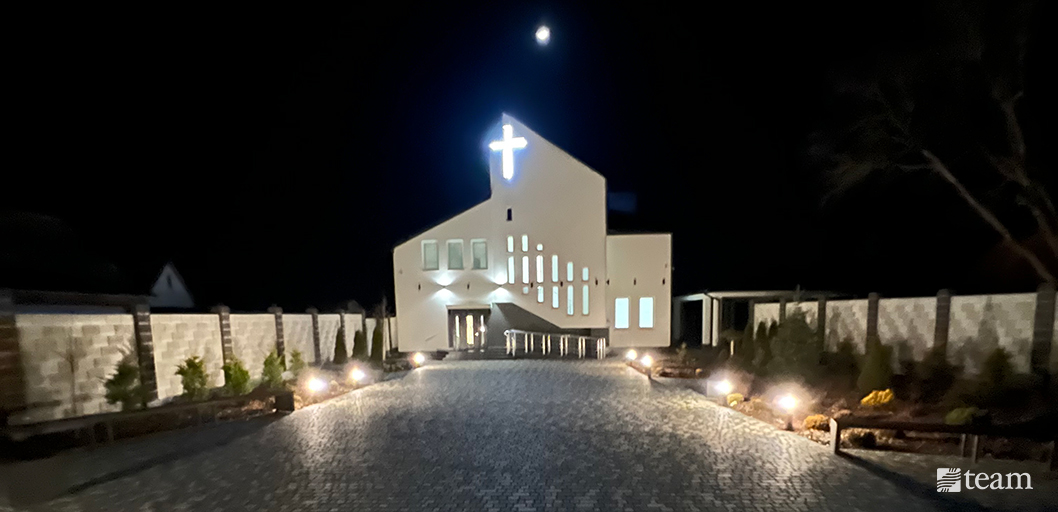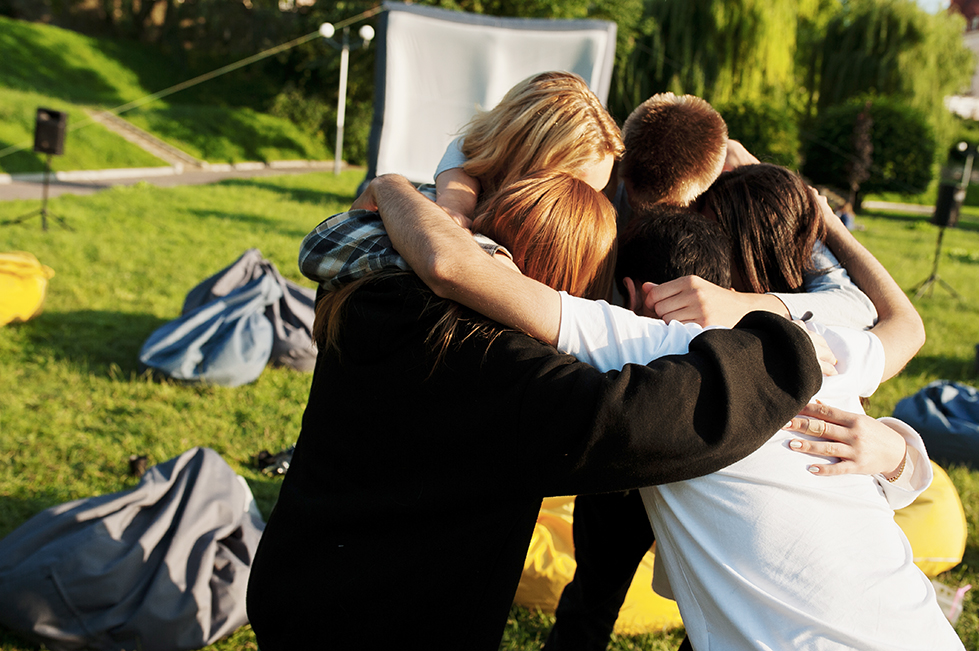
Ministry Updates
A Haven of Hope
February 13, 2024
by Suzanne Pearson
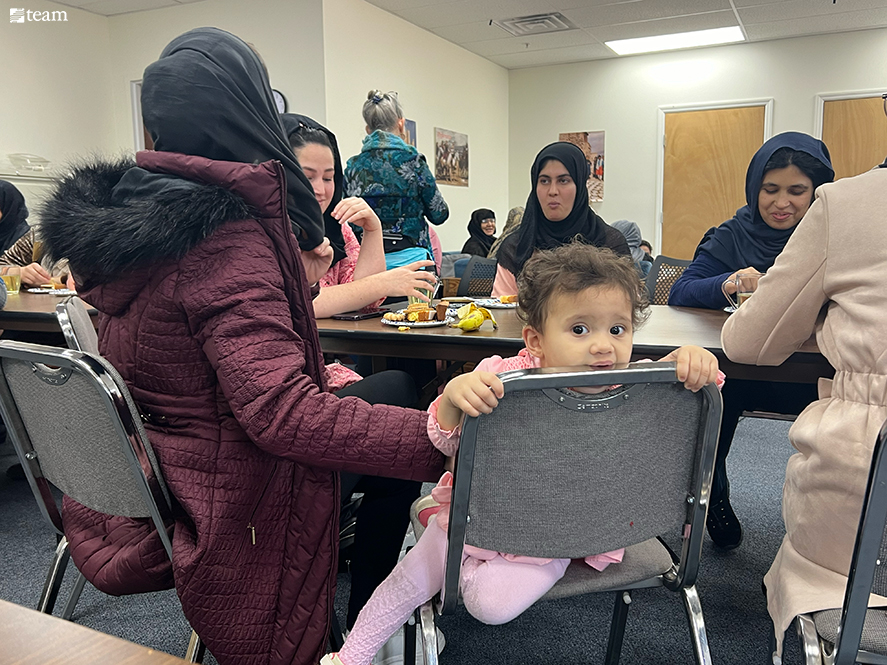
Imagine you’re raising four small children on a limited government stipend. Winter arrives soon, and your children need winter coats. You hear from a neighbor that a local charity is giving away coats to children – what a blessing!
But now also imagine you’re in a country thousands of miles away from home. You don’t speak the language. You don’t have a car. Even if by some chance, you can find out where to go and you can find a way to get there, if you don’t bring the right documentation for you and your children, you won’t receive coats.
Oh, and also you’re recovering from the trauma of war, political oppression, and natural disasters.
This is the reality for Amina (name changed) and millions of Afghans like her around the world. Since U.S. and other Western peacekeeping forces departed Afghanistan in 2021, Taliban rule has forced over 1.6 million people to seek sanctuary in other nations. Approximately 100,000 of those Afghan diaspora have relocated to the United States.
Throughout the country, over 200 “resettlement communities” were established by the U.S. government in conjunction with private and nonprofit agencies. One such community is Lancaster, Pennsylvania, and it is here that Amina and many others attempt to navigate an unfamiliar culture and build a new life for their families. It is also here that God opened new doors for TEAM workers to be the hands and feet of Christ to Afghan people in need of healing from the past and hope for the future.
A Heart for Afghan People
Kim was a TEAM global worker in Afghanistan for 20 years. Trained as a nurse, Kim shared her skills by teaching nursing students in Mazar. Kim’s dedication to the Afghan people remained steadfast despite weathering several periods of political pressure and instability due to the Taliban.
In the summer of 2021, as tensions in Afghanistan mounted, Kim hoped to be able to remain in country, but by July, it was apparent that she would have to leave her home, belongings, and the people she served behind. She was also needed back home to care for her mother who was in failing health, and Kim knew that she needed to get home while she still could, in case airports closed or became overrun.
Not long after returning to Lancaster, Pennsylvania where her mother lived, Kim realized that her days of caring for and ministering to Afghan people might not be over after all. When Lancaster was designated as a resettlement community, Kim began visiting people in their homes, helping them assimilate and connecting them with basic medical care.
Gathering a Team
This was a great first step, but it quickly became apparent that more was needed to best address the needs of Afghan diaspora. “I saw that several local churches wanted to help [the Afghan people], but they didn’t know how. They didn’t know the language or how to build relationships with these families.” Kim saw the opportunity for great partnerships with these local churches, and the idea of a new ministry began to take shape.
Kim knew she needed to build a team to get the wheels in motion. She enlisted the help of fellow TEAMers Juan and Rose, who were at that time living in Florida. Juan and Rose served with TEAM Afghanistan in the 1990s and early 2000s. After that time, Juan served as a ministry area leader and made frequent trips back to Afghanistan, and Rose cared for her aging parents, homeschooled their son, and taught English to immigrants.
Joining Kim in Lancaster was clearly a door that the Lord was opening for a reason. Juan and Rose moved to Pennsylvania in the fall of 2022, and as they sat together with Kim in her living room, the idea for The Haven was born. The vision was to create a space where Afghan people could come together for English classes for adults, childcare and school readiness programming for children, job skills training, and trauma healing. The community center would operate in partnership with local churches and nonprofit immigrant organizations, run by TEAM global workers and local volunteers.
At the onset, the TEAM trio faced many challenges including navigating government red tape, finding a location, figuring out how to best collaborate with churches and other partner agencies, and recruiting volunteers. Despite the hurdles, God was faithful, and The Haven opened its doors in January 2023.
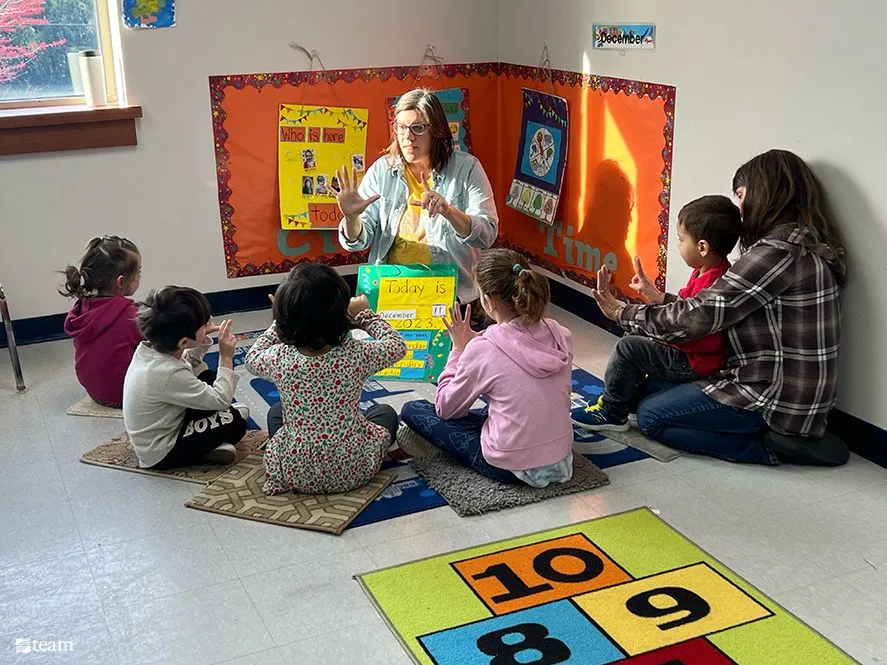
The Haven Today
Now just over a year later, The Haven is bustling with activity and fellowship, thanks to the work of about 40 volunteers. English classes are offered two mornings a week for women, and educational children’s programming is offered to children up through school age during those same hours. English classes for men are held during the evenings since most men work during the day.
Learning English can be especially challenging for displaced Afghan people because many are not literate even in their native language. Most sources cite the illiteracy rate in Afghanistan to be around 75%, but Kim and Rose say it’s likely much higher, and for women, it’s higher still. Particularly for women coming from rural areas, educational opportunities were severely limited if not nonexistent. “If you were a female living in an urban area, you might have had a chance to be educated,” says Rose. “But if you lived outside the city, there was almost no hope at all.”
For this reason among others, assimilating to life in the U.S. is particularly difficult for women. The Haven has a special emphasis on ministering to women – helping them heal from deep trauma and giving them a space where they can feel relaxed, respected, and empowered.
Celebrations of the Season
On a particular day just before Christmas, the women gather at the Haven for their last class day of the semester. Two classes play board games to practice their English while a third class finishes their final exam. Across the hall, the children gather on patterned carpet squares to sing a song about the days of the week. Rose shares that plans are in the works to start a playgroup so that the young moms and their children can have time to fellowship together and build friendships.
Later in the morning, all the ladies assemble in one room for an awards ceremony to celebrate the completion of the semester. Each smiles broadly as she comes up to receive a certificate and warm congratulations from Kim and Rose.
After the ceremony, Rose shares information with the women about the local charity that is giving out coats for the children. The women lean in to hear the instructions, spoken both in English and in Dari, letting them know what rides are being provided, where to go, and what documents to bring with them. It’s clear that the women have learned to trust Kim and Rose and the other volunteers as friends and confidants as they find a “new normal” in the United States.
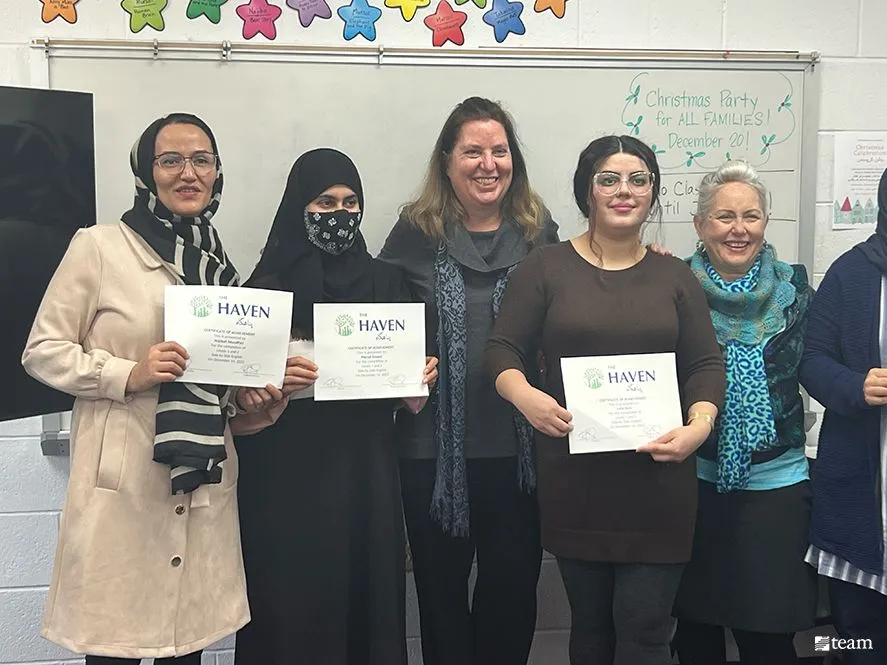
Seeds Planted as Trust Builds
As these relationships are built, Afghan people are equipped with language learning, job skills, healing from the past, and help accessing healthcare and other community resources. This holistic type of ministry slowly opens the door to Gospel conversations.
As Rose shares, seeing spiritual fruit takes time as trust is built and cultural barriers are broken down. “This is not an easy, quick church planting situation,” Rose shares. “We’ve only been doing this a year, but we’ve seen lives touched in many ways. One young man has turned around emotionally from depression and suicide. Another young teen has stabilized emotionally after several hospitalizations. Many have greatly increased their English skills and have better health from all the doctor’s appointments they’ve been taken to. A couple of women have begun asking questions about faith. We and our volunteers are prepared to answer questions we are asked.”
Beth, a Haven worker, says those spiritual conversations are truly God moments. She shares a story of one of the women who was studying for her driver’s test. “She had failed it once already and she was very nervous,” Beth recalls. “I shared with her that I understood because I had to take a driver’s test in another country, and it was really hard! I told her that it was only because of God’s help that I passed. I told her I would pray for God to help her as well. She passed the test the next time through! These are the types of things that allow us to share who Jesus is and what He’s done for us.”

